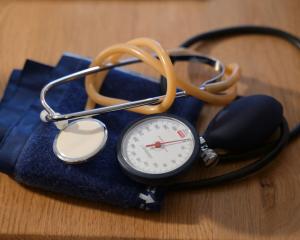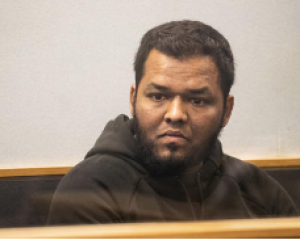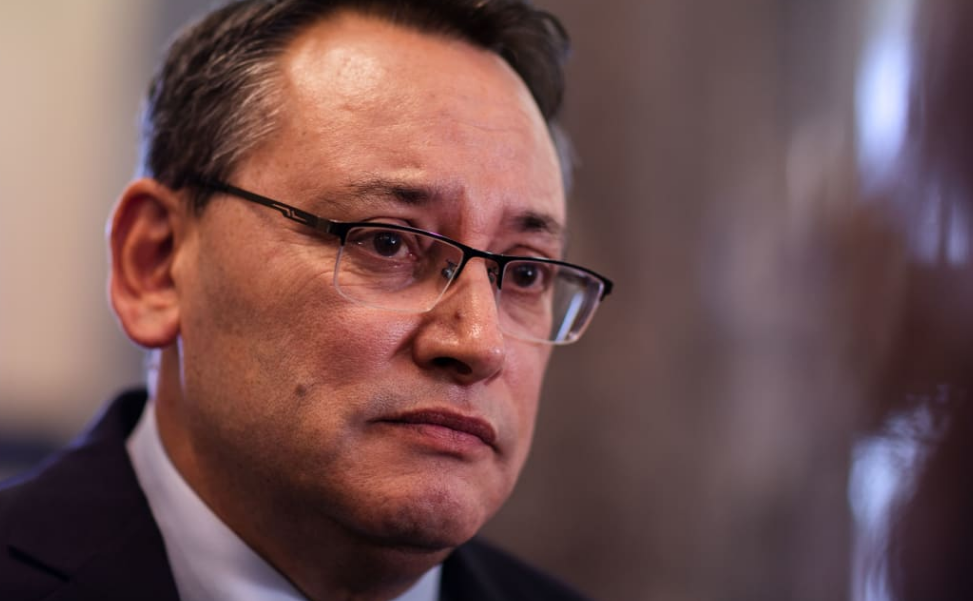
But National says the school based at Waikato University would offer a faster, more modern approach to doctor training.
Party leader Christopher Luxon announced the policy - which also included 50 more placements to the two current medical schools in Otago and Auckland - at the university on Wednesday morning.
The party included costings of $380 million in capital for setting up the school, which would start training graduates from 2027.
Some $100m would be provided by the university, and Waikato's vice-chancellor Neil Quigley was confident in being able to raise the funds.
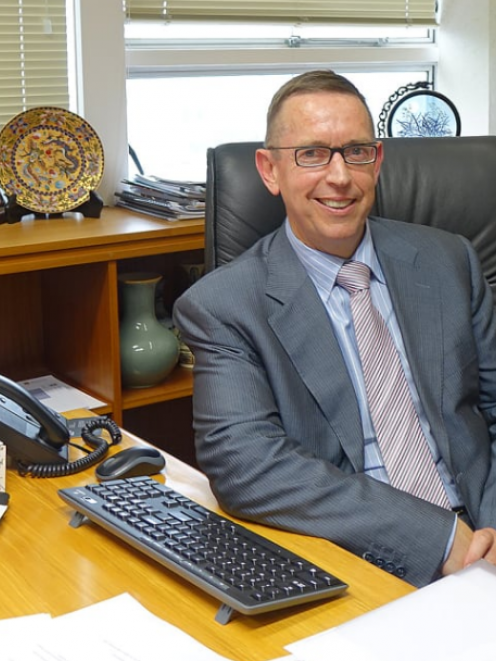
"It's a lot of money to try to raise but between what the university itself can put in, and what generous benefactors and organisations around the country will do, we think it's entirely achievable," he said.
The money would go towards hiring staff and facilities - at the University, at Waikato Hospital, and regional training centres around the country, he said. The school would take about three years to set up - partly because it would need accreditation from the Australian medical council.
"I'm very pleased, and pleased that we got the endorsement from the National Party but also pleased that the discussion around New Zealand increasingly makes it clear that a lot of people understand that we need to do some things differently," Prof Quigley said.
Labour's Health Minister Dr Ayesha Verrall said it was true more doctors were needed, but had questions about the plan.
"The biggest issue here is that the National Party is simultaneously promising tax cuts and this expensive investment - which we agree is needed - but they need to show how they're going to be able to pay for it," she said.
She also said there were concerns about whether setting up a new school would really increase the total number of medical students trained in New Zealand.
"Cabinet was previously advised that going down this path of medical school at Waikato would lead to a reduction in the number of placements available for other medical schools."
"Certainly we want to grow the number of medical students we're training but we need to make sure we're not just committing the funds, we're also making sure the opportunities for those medical students - to have all the training they need, the facilities they need, and the placements in the hospitals they need - are there.
"They will have to identify places, teachers - working doctors and others - at our hospitals who are willing to supervise the students, make sure they have fulfilling experiences where they actually learn things - not just are bystanders in a busy hospital."
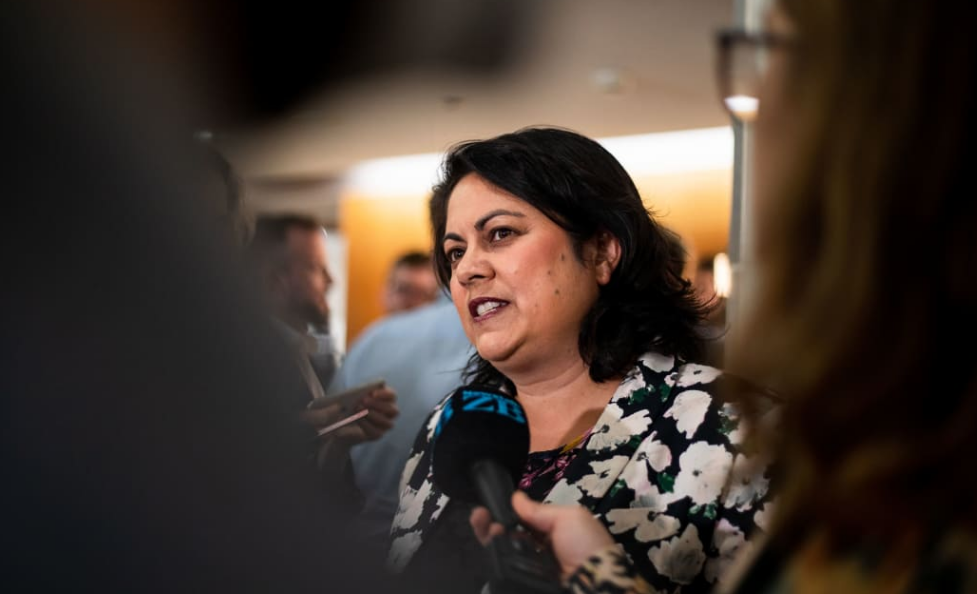
Auckland and Otago's universities had opposed a similar plan for a third medical school at Waikato taken up by the National government from 2016. Labour cancelled the proposal two years later.
Auckland University's dean of medical and health science Warwick Bagg said there was no need for another medical school, telling RNZ the most cost effective approach would be boosting student numbers at the current ones.
"Medical student numbers are tightly regulated by the government, the more they're willing to give us the more we're willing to take," he said.
"We're willing to expand our network, with government funding, to train those students. We already operate an extensive network of training places throughout the upper North Island and we can increase the capacity of those."
What's more, the new Waikato school could end up competing for space and staff.
"We have about 150 students per year going though Hamilton's hospital at present, we have to think about what is the capacity at that particular site and we also are a relatively small academic workforce and this I suspect will further stretch that academic workforce."
He suggested that - with Labour's recent announcement of a 50-place increase coming with a price tag of $28m - the funding National planned to put towards the Waikato school could be used much more effectively.
"I guess we can just do the maths and work it out pretty quickly, but there's a substantial number of extra students that could be trained for that amount of money."
However, Hauora Taiwhenua Rural Health Network chief executive Grant Davidson said National's proposal had a different focus.
"It's the new methodology, the specific focus on rural training that is particularly needed in this country," he said. "Things are looking dire. So, approximately half of all rural practices have got one or more vacancies - and some of those vacancies have been open for a year or more. Some rural practices have got no doctors at the moment and they've got closed books and are just not able to service the community that they're there for."
National's Health Spokesperson Shane Reti highlighted the "graduate-entry only" approach the new school would take.
"This is the model of medical school training in the US and Canada, most of the Australian medical schools are also graduate-entry," he said.
"We're very excited to announce a third medical school at Waikato, and very excited to collaborate with iwi - Waikato Tainui - on this proposal and to further work through proposals with other universities in other regions."
The model means taking applications only from students who had already completed a degree - including in the arts - and doing a shorter four-year programme of study with one year at the University and the other three at the regional centres.
"If you train people in their communities, you send the trainers to them so that most of the time they're staying with their families then they stay. If you train in place, they stay in place," Reti said.
Reti said National's policy would bring back some of the 315 New Zealander medical students studying in Australia, and disputed Auckland University's claim they could scale up their own offering.
"That's not what other key stakeholders are telling us and indeed when we have deep discussions with the previous head of Auckland Medical School Dr Des Gorman, who's also an international expert of health systems, he's quite clear that a third medical school is necessary.
"Both Auckland and Otago have told us that is as much as they can consume at the moment, that any more than that they'll need to undergo reaccreditation programme, programme redesign, which can take several years."
But Warwick Bagg argued it could be done at Auckland - and there was already a focus on training rural doctors.
"We're already training doctors for rural and regional communities and as I say we already have an extensive network - of rural hospitals, rural general practices, regional hospitals - where we're training throughout the upper North Island and we can expand that capacity," he said.
"We are cost-effective, we have structures and systems in place to train students and we're willing to provide the solution to the Government."











